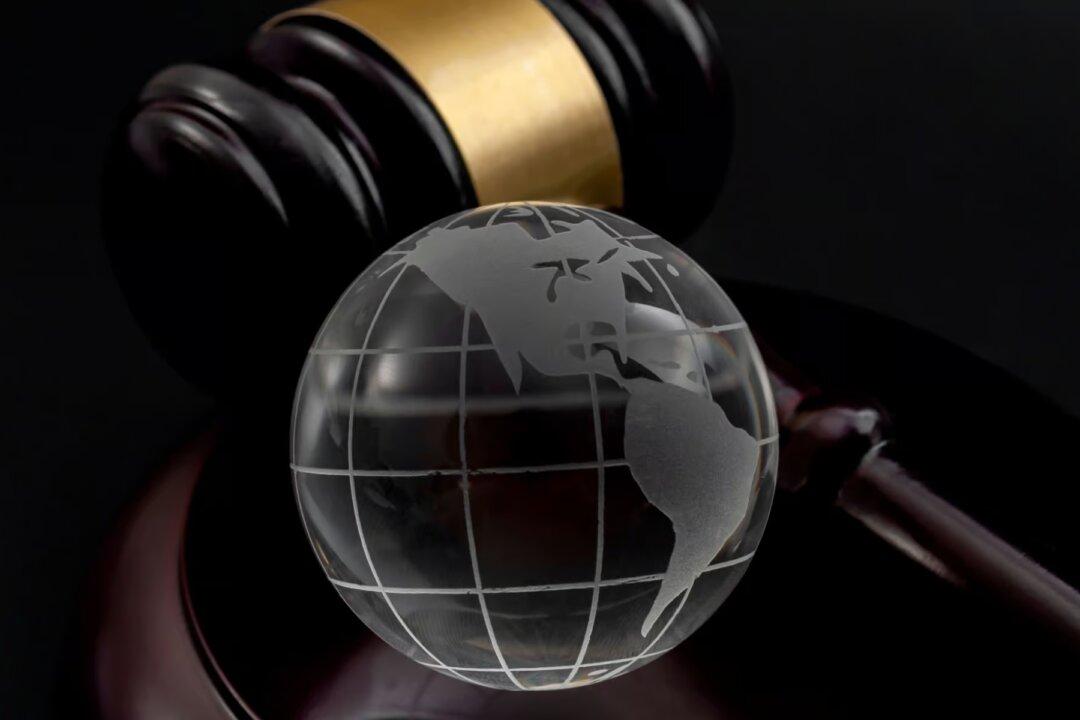Commentary
Article 11 of The EU Charter of Fundamental Rights, which replicates a part of Article 10 of the European Convention on Human Rights, protects the right of European citizens to “hold opinions and to receive and impart information and ideas without interference by public authority and regardless of frontiers,” and affirms that “the freedom and pluralism of the media shall be respected.” Sadly, the fate of freedom of expression in Europe now very much hangs in the balance, as the European Union has just enacted a law that empowers the European Commission to significantly restrict the ability of citizens to use digital platforms to engage in robust and sincere democratic discourse.





